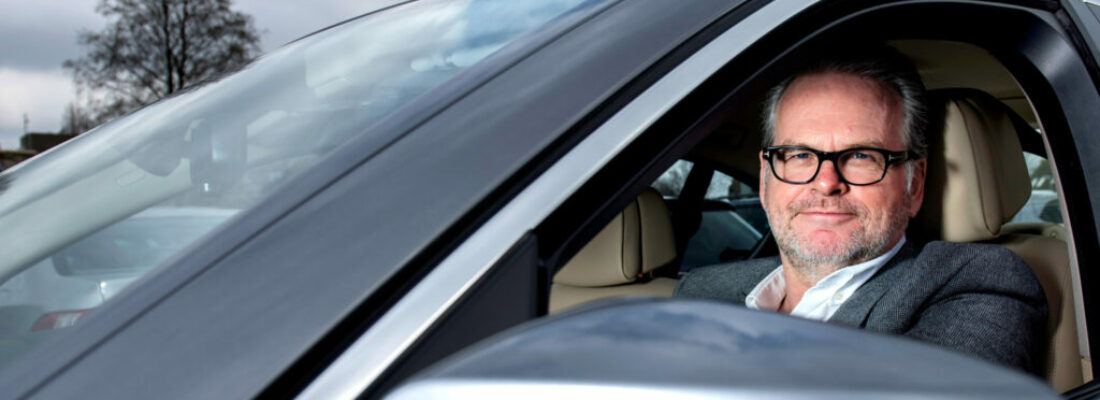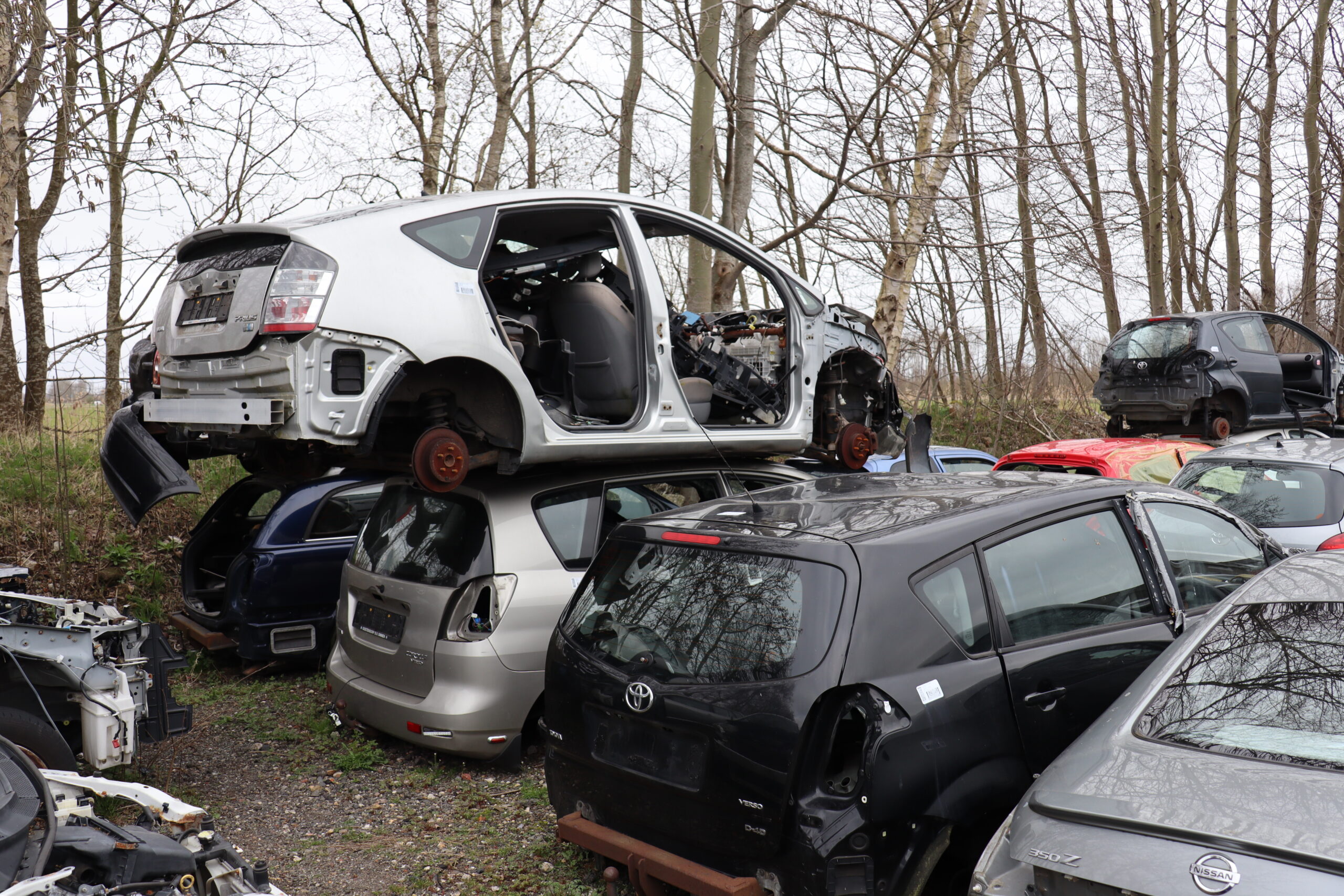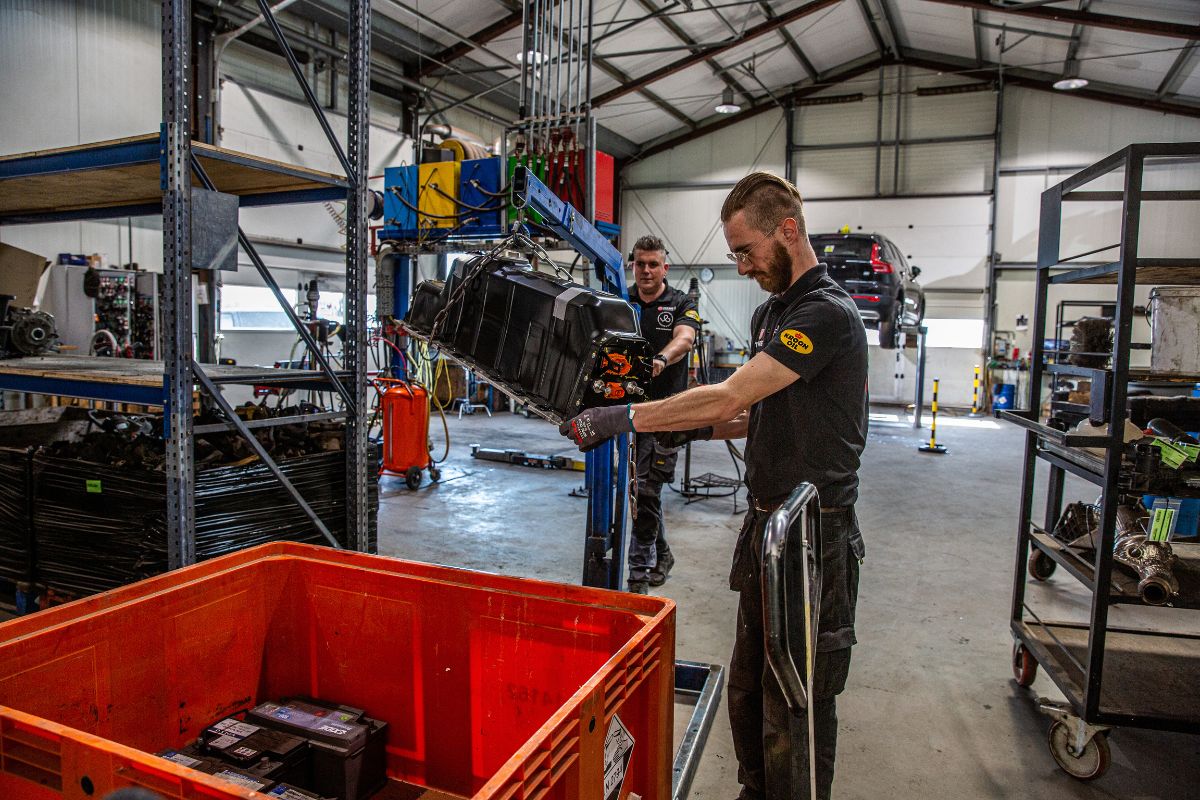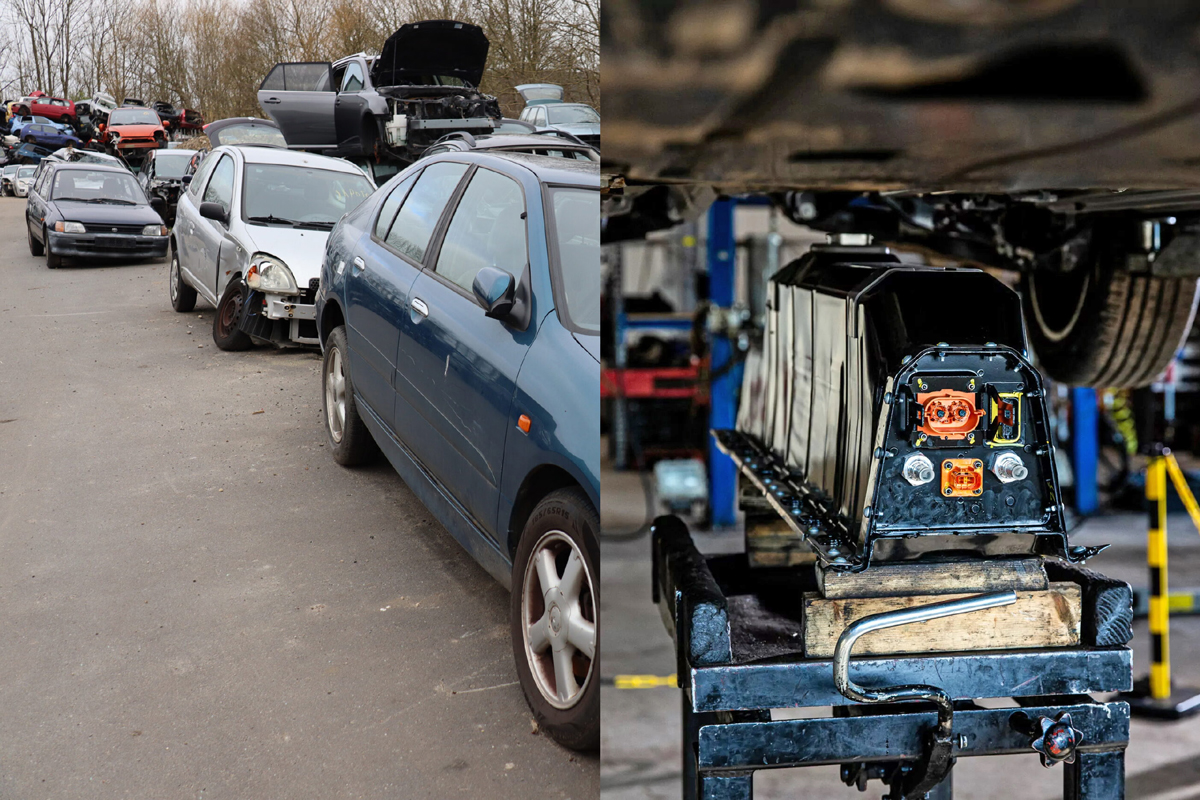A properly functioning car recycling system is only possible in the Netherlands with a closed chain, in our country but also with the rest of Europe. So that a car cannot simply get lost anymore once someone has registered it as exported. If we want to tackle ‘fake export’, we need to know more about the various leakage flows. ‘And we need to work more intensively with other countries’, says Ab van Ravestein, CEO of RDW.
Tekst Ab van Ravestein
Clouded visibility
So, in the Netherlands, the RDW therefore keeps track of every car. Until the owner deregisters it for export, which makes it a lot harder to keep a clear sight of the car. ‘For instance, if someone sells their car to Lithuania. Or if a Dutch motorist collides into a tree with their car in Italy’, philosophises Van Ravestein. ‘The car is total loss; the owner later deregisters his car as ‘exported’. But that total loss could, for example, be repaired in Tunisia and sold on in France. The registration bodies in the various countries lose sight of the car. When a car goes over a border, it becomes tricky to keep track of it. In Europe, there is an active trade in wrecks. As long as there are no conclusive agreements in Europe about re-registration, cars will continue to get lost and we will continue to have leakage flows. I don’t believe in a completely water-tight system, but we do need to try to close the net more.
Exchanging vehicle data in EUCARIS
Europe is not inactive in this area, on the contrary. ‘In the context of so-called EUCARIS, we are already exchanging plenty of vehicle data with the national vehicle registration systems. But we do not yet have a Europe wide approach to conclusive re-registrations. Van Ravestein foresees that the strong tail-wind required for a more uniform and resolute approach to leakage flows cannot be expected from Brussels in the coming years. ‘Good, new re-registration guidelines from Brussels are lacking. We sorely need them. But there will not be any guidelines just yet – the discussions have been suspended. I don’t believe there is a lack of willingness, this is just a complex issue.
‘As long as there are no conclusive agreements in Europe about re-registration, cars will continue to get lost and we will continue to have leakage flows.’
This conclusion is not helping progress towards a European approach. ‘The willingness is present in the various RDWs in Europe. Yet stronger foundations, in the form of harmonised guidelines, would give us more elbow room. At the moment, we have to make do with what we have. Cooperation is the key word and that is not always easy with 27 different situations in 27 member states.’
Unfair competition
What can we do in the Netherlands to realise the desired ‘level playing field’ for the car recycling chain? In our country, the use of the Report Crime Anonymously (Meld Misdaad Anoniem) online platform strengthens the approach to dishonest car trade and illegal vehicle dismantling. Companies can report these practices with ease and in confidentiality and follow the status of the report. Van Ravestein emphasises that it is essential the chain cooperates with initiatives like this one. ‘Once everyone in the chain has joined up we will get somewhere. Anything we can do to improve the vehicle registration system – in the Netherlands and beyond – is beneficial.’
Examine each leakage flow
Van Ravestein thinks more must be possible. ‘We should be looking at the problem per leakage flow: for instance, what is behind the phenomenon of ‘fake export’? Can that be prevented by offering broader suspension measures? What is genuinely fraud, and what is unintentional use? We need to see if there are alternatives so we can achieve both sustainable recycling and reduce fake exports. And without becoming entangled in additional bureaucracy and checks.
Creativity is required
Through exchanging and coordinating each other’s registration systems within Europe we can solve 95% of the problem, thinks Van Ravestein. ‘Creativity is required for the remaining 5 per cent. And insight into and knowledge of the issues. If we want to do more against leakage flows, then we have to examine their nature. And although I have no good reason to distrust the investigations into leakage flows (see box, ed.), we must gain a greater insight into how they proceed exactly. Where the routes are, what motivates those involved: that sort of knowledge is required to do more, with legislation that actually achieves something.’
‘Anything we can do to improve the vehicle registration system – in the Netherlands and beyond – is beneficial.’
Combatting leakage flows and unfair competition
The ARN (Auto Recycling Netherlands) thinks that combatting unfair competition and blocking leakage flows must be the priorities if bona fide chain partners are to continue their work. ‘Fake export’ in particular is a persistent leakage flow. The European figures are concerning. A survey in 2016 by the German Öko-Institut among all 28 member states concluded that 3.4 to 4.6 million End of Life Vehicles (ELVs) disappear per year. Vehicles of which it is questionable how environmentally friendly and legally they are dismantled. The survey was intended to lead to a new approach to European leakage flows, that should tackle the illegal handling of wrecks.
The German survey also stated that registration authorities, such as the RDW in the Netherlands, need to get a better grip of the vehicle flows and that better agreements are required between authorities with the re-registration of cars traded within the EU. The exchange of knowledge and experience with other member states is important to tackle leakage flows in Europe.



